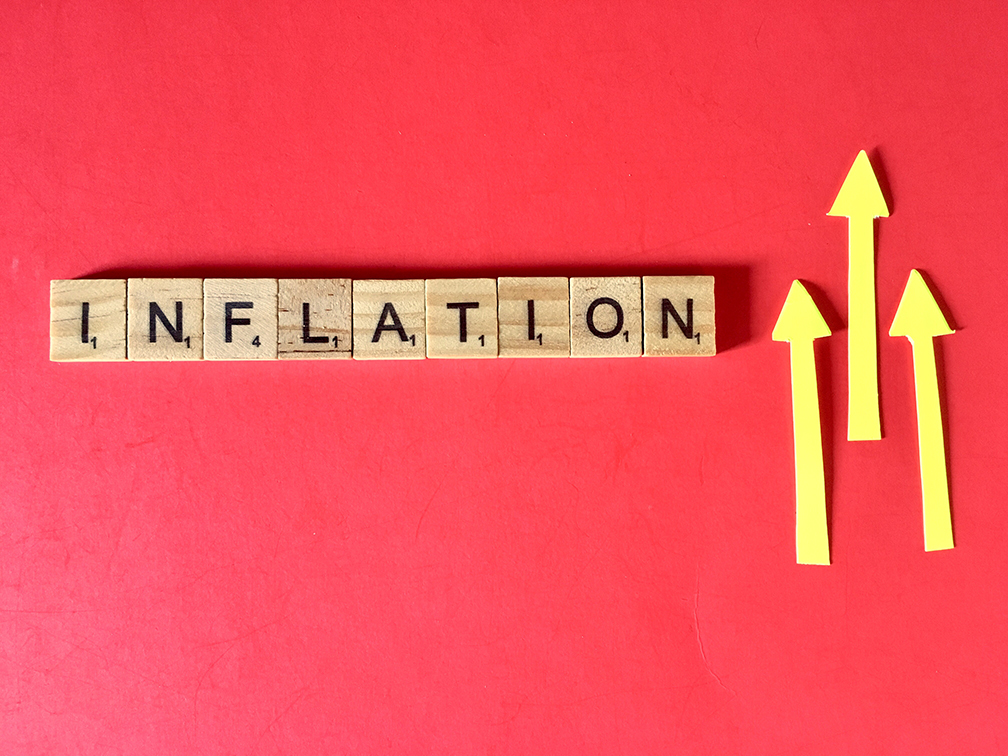 ForbesAdvisor.com recently reported, “According to a 2020 survey from Allianz, nearly half of Americans are worried that rising prices in retirement will cause basic expenses to be unaffordable once they stop working.
ForbesAdvisor.com recently reported, “According to a 2020 survey from Allianz, nearly half of Americans are worried that rising prices in retirement will cause basic expenses to be unaffordable once they stop working.
But there’s an interesting wrinkle to that Allianz survey: Actual retirees were much more optimistic about inflation than those still a ways off. For instance, two-thirds of pre-retirees thought inflation would imperil their quality of life, compared to just 40% of actual retirees.”1
Why aren’t retirees worried? This group may have a well-kept secret. An average 65 million Americans receive a Social Security check each month with an average monthly benefit of $1,658. That payment averages almost $19,900 per person annually and, if stats hold true, represents one-third to one-half of each person’s retirement income.
Here’s the secret: Those checks adjust for inflation!
Beyond Social Security benefits, retirees tend to have a diversified portfolio growing their nest egg. According to Boston College Center for Retirement Research, income sources are allocated as such: 60% Social Security, 17% Pension/401(k), 12% Primary Residence, and 5% Savings/Tax-advantaged Accounts. Historically, many of these investments use a Vanguard report as a proxy to funnel their money into balanced strategies using stocks and bonds to minimize risk and maximize gains.
The secret here: These investments tend to outperform inflation over time!
After considering your income and nest egg, it’s worth looking at what retired lifestyles tend to look like. Michael Kitces, Certified Financial Planner, talks about the “end-of-history illusion,” which demonstrates that typically people imagine their retirement life based on their current “likes.” Still, when they retire, they change things up. Some retirees find themselves with less saved than they intended, and others don’t like seeing their nest egg balances go down—either way, they make changes centered on people rather than things.
One more secret: Retirees are spending less than they anticipated!
With these perspectives in mind, it’s worth noting that a rise in inflation will impact your savings—the time between now and your retirement date determines if there’s time for correction. The average inflation rate in the US from 1961 to 2020 was 3.3%. Since the Pandemic of 2019, that number has exceeded 8%, thanks partly to supply chain issues and consumer demand.2 When making retirement plans, this jump in inflation rates may significantly impact your portfolio today and your retirement tomorrow. If you’re feeling anxious, maybe it’s time to reevaluate your financial plan.
Inflation and market changes will always impact your financial plan, so it’s important to know how to react. We’re here to help with your financial plan and can introduce you to other experts that can advise on your investments, if necessary. Call our office today at (540) 720-5656.






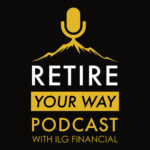





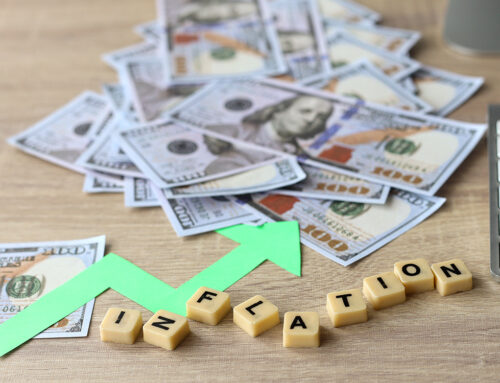

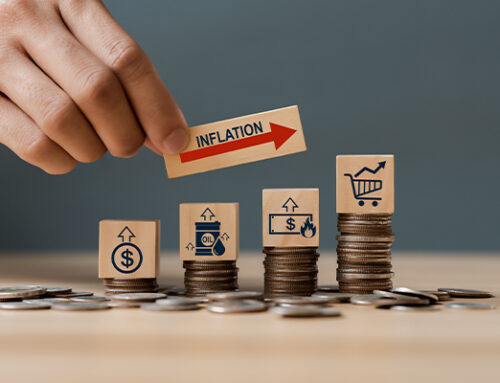
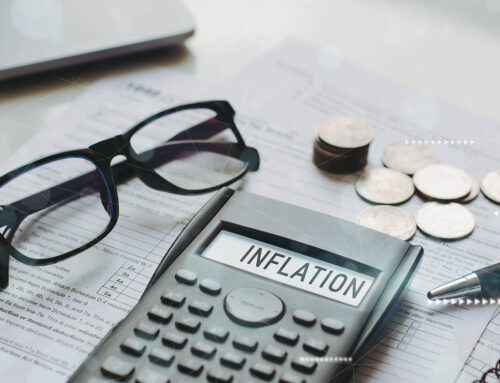

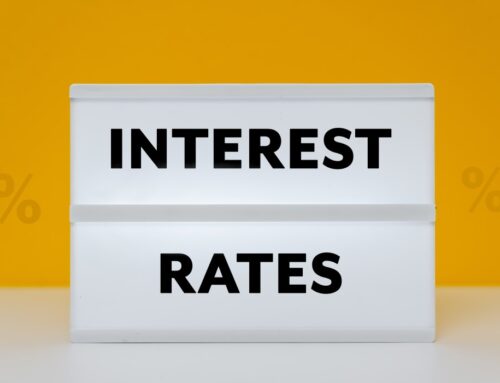



 Megan Jones joined the ILG Financial team in 2020 as marketing director. Megan and her husband live in Fredericksburg, VA with their German Short Haired Pointer, Gus. Megan is a graduate of Longwood University and holds a degree in communications. Megan is the oldest of Dave Lopez’s three children and not only enjoys working alongside her father, but also with her cousin, Chase, who joined the ILG Financial team in 2020 as an advisor. Megan is also a fully licensed Life, Health, and Annuity agent. When not at work, Megan enjoys sitting on the back porch with family and friends enjoying food and music.
Megan Jones joined the ILG Financial team in 2020 as marketing director. Megan and her husband live in Fredericksburg, VA with their German Short Haired Pointer, Gus. Megan is a graduate of Longwood University and holds a degree in communications. Megan is the oldest of Dave Lopez’s three children and not only enjoys working alongside her father, but also with her cousin, Chase, who joined the ILG Financial team in 2020 as an advisor. Megan is also a fully licensed Life, Health, and Annuity agent. When not at work, Megan enjoys sitting on the back porch with family and friends enjoying food and music. Chase Lopez joined the ILG Financial team in 2020 as an advisor. Chase is a 2016 James Madison University graduate with a degree in management. Chase has been trained under the tutelage of Dave Lopez, who is not only the founder and managing member of ILG Financial, but also is Chase’s uncle and godfather. He also enjoys working alongside his cousin, Megan, who is Dave’s daughter.
Chase Lopez joined the ILG Financial team in 2020 as an advisor. Chase is a 2016 James Madison University graduate with a degree in management. Chase has been trained under the tutelage of Dave Lopez, who is not only the founder and managing member of ILG Financial, but also is Chase’s uncle and godfather. He also enjoys working alongside his cousin, Megan, who is Dave’s daughter. Amy Anderson joined the ILG Financial team in 2023 as the client relations coordinator. Her responsibilities include scheduling of appointments, annual check-up notifications, and annuity and required minimum distribution assistance. She is a graduate of Harding University with a degree in Computer Information Systems. Amy and her husband have two children and she enjoys reading, crocheting, music and spending time with her family.
Amy Anderson joined the ILG Financial team in 2023 as the client relations coordinator. Her responsibilities include scheduling of appointments, annual check-up notifications, and annuity and required minimum distribution assistance. She is a graduate of Harding University with a degree in Computer Information Systems. Amy and her husband have two children and she enjoys reading, crocheting, music and spending time with her family. Jessica Carson joined the ILG Financial team in 2018 as an agent. Jessica and her husband have four children, two dogs, 3 barn cats, 5 chickens, and three parakeets. She indeed loves her children and pets! When not at work, Jessica enjoys playing the piano and cello as well as traveling and spending time outside with her family, hiking, fishing, and boating.
Jessica Carson joined the ILG Financial team in 2018 as an agent. Jessica and her husband have four children, two dogs, 3 barn cats, 5 chickens, and three parakeets. She indeed loves her children and pets! When not at work, Jessica enjoys playing the piano and cello as well as traveling and spending time outside with her family, hiking, fishing, and boating. Terri Center joined the ILG Financial team in 2019 as client services manager. She handles client records, application processing, and gathering information to provide a professional and friendly experience with all of our clients. Terri is a graduate of Oakland University. She is married and has two children. She enjoys hiking, family time, and puzzle challenging video games. She also likes to share her creativity in her canvas paintings and sewing projects.
Terri Center joined the ILG Financial team in 2019 as client services manager. She handles client records, application processing, and gathering information to provide a professional and friendly experience with all of our clients. Terri is a graduate of Oakland University. She is married and has two children. She enjoys hiking, family time, and puzzle challenging video games. She also likes to share her creativity in her canvas paintings and sewing projects.